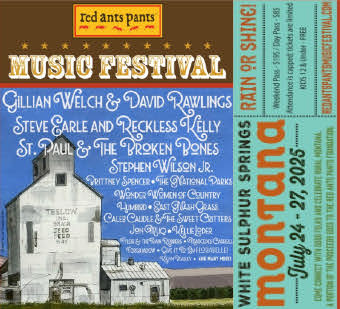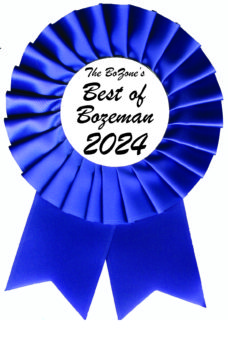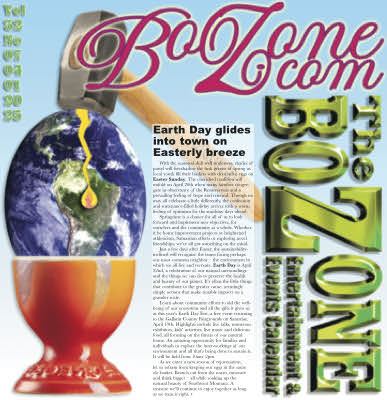MSU professor to discuss memoir, memory & medicine at next Café Scientifique
From MSU News Service
“I have already met what will probably kill me, and that has made me live and think differently,” said Brett Walker, who, nearly 10 years ago, suddenly had to confront a difficult medical diagnosis.
Walker, a Montana University System Regents Professor in Montana State University’s Department of History and Philosophy in the College of Letters and Science, will discuss his life-altering diagnosis when he presents “Rethinking the Place of History: Memoir, Memory and Medicine” at the next Café Scientifique in Bozeman. The event is hosted by MSU’s Montana INBRE program and will take place at 6pm on Tuesday, November 19th, at the Baxter in Downtown Bozeman. It is free and open to the public.
Walker will recount his 2010 emergency room visit for symptoms resembling influenza and pneumonia. When antibiotics didn’t resolve the illness, he saw a revolving door of medical specialists, each of whom asked some version of the same question: “Do you have a family history of illness?” The question stumped him.

photo by Kelly Gorham
“As a historian, I could tell you almost everything there is to tell about 17th century Japan or world environmental pollution, but I couldn’t tell you anything about my own story,” he said.
Walker was eventually diagnosed with common variable immunodeficiency, or CVID, for which he must undergo a monthly life-saving treatment. Yet despite his recovering health, his inability to answer basic medical history questions motivated him to investigate his own past for clues.
“I set out to answer the question from a historian’s perspective, but it eventually brought me into contact with a host of biomedical topics, including epigenetics, which is how gene expressions can be changed by experiences and the environment, and the concept of immunological memory, which is the mechanisms by which our immune system can recall or forget previous responses to infections,” Walker said. “From there, my focus expanded from history alone into how my own body remembers in the form of immunity, how people remember in the form of stories and how communities remember in the form of history.”
Using the CVID diagnosis as a backdrop, Walker began writing a history of his body and family health in an effort to better understand his diagnosis, an effort that culminated in his most recent book, A Family History of Illness: Memory as Medicine.
“The book became a personal meditation on how memory operates at cognitive, bodily and community levels,” he said. “It’s a fresh way to view the role of history in understanding our physical selves and, in the broader sense, the communities where we live.”
Walker intends for his Café Scientifique discussion to be wide ranging and include topics such as early blood fractionation techniques, the discovery of antibodies and his thoughts on the human body as a historical construct shaped by experiences and genetic encoding.
“As writer Siddhartha Mukherjee has explained, our genes determine our possible selves, and epigenetic processes conceal some of these potentials while revealing others,” he said. “But, ultimately, we become one self among many incipient selves, and this self we become is the product of our history.”
Walker currently specializes in environmental humanities, Asian studies and World War II. A Bozeman native, he received prestigious Fulbright and Guggenheim fellowships and taught at Yale University prior to working at MSU. During the 2016 academic year, Walker served as the Edwin O. Reischauer Visiting Professor of Japanese Studies at Harvard University. He is the author of five books.
Café Scientifique provides a relaxed setting for people to learn about current scientific topics. The concept started in England in 1998 and has spread to a handful of locations in the United States. Following a short presentation by a scientific expert, the majority of time is reserved for conversation, questions and dialogue. Free refreshments are provided.
Contact Bill Stadwiser with Montana INBRE at (406) 994-3360 or william.stadwiser@montana.edu for more information about the Café Scientifique concept or check the web at inbre.montana.edu/cafe/index.html. •









